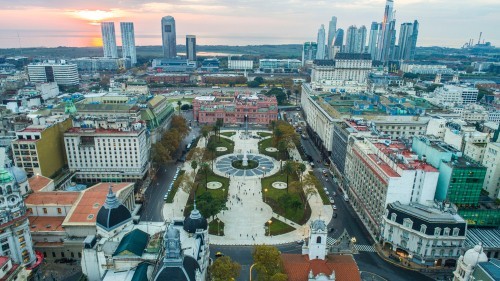According to the Ministry of Economy of Argentina, the country’s 2020 budget deficit reached 6.5 percent of GDP. However, the overall deficit was equivalent to 8.5 percent of GDP, providing huge support to the government in its response to the coronavirus pandemic.
Argentina saw a revenue drop of 0.7 percent of its GDP, which led to the deficit. The expenditure growth, on the other hand, points to 3.5 percent of the GDP. Last December, the country’s fiscal deficit was below the original estimate in the 2020 budget, owing to recovery in economic activity and measly increase of fiscal revenue.
Argentina has been in recession for three years and also underwent stagnation since 2012. In December, the country was in talks with IDB for infrastructure project financing. It was also holding discussions on a policy-based loan that provides flexible funding to support reforms.
As part of its negotiations with the International Monetary Fund, Argentina had asked for an extended fund facility that would give the country at least a four and a half year grace period to start its debt repayment.
Investors fear about the country’s domestic economy as risk reached a maximum of 1,417 basis points in early January. Gustavo Ber, director of the consulting firm Estudio Ber, told the media, “The political and economic uncertainty continues to weigh on the country, amid fears of the health crisis and possible decisions that could have implications for the country’s economy and impact on its fiscal deficit. Added to this is the absence of new signs regarding negotiations with the IMF that could take several months.”

